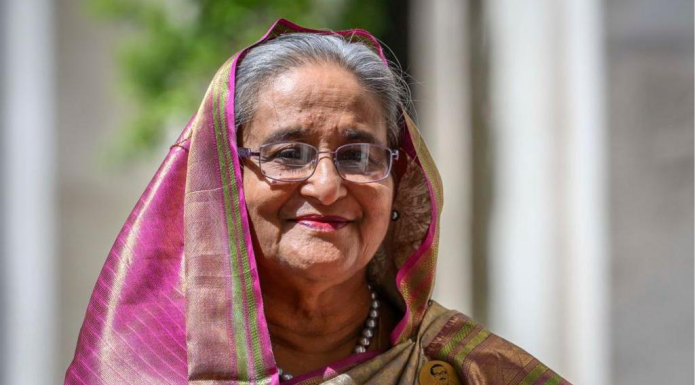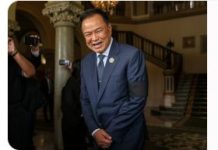DHAKA, NOV 17 (DNA): Bangladesh has been thrust into fresh turmoil after a special war-crimes-style tribunal on Monday found former Prime Minister Sheikh Hasina guilty of crimes against humanity and sentenced her to death in absentia. The extraordinary verdict—unprecedented in the country’s political history—relates to last year’s violent crackdown on student-led protests, during which UN estimates suggest as many as 1,400 people were killed, most of them shot by security forces.
The tribunal ruled that Hasina, who was then serving her fourth consecutive term as prime minister, ordered and oversaw the use of excessive force to quell the demonstrations that had engulfed the country for weeks. Prosecutors argued that the deadly suppression amounted to state-directed mass violence against civilians.
Hasina, however, has rejected the proceedings outright. Speaking to the BBC last week from New Delhi, where she has been living in exile since being ousted from power, she dismissed the trial as a “kangaroo court” and accused Bangladesh’s interim authorities of conducting a politically motivated vendetta.
The former premier fled to India shortly after losing control of the government amid intense public anger and a military-backed transition. Her trial proceeded without her presence, a move critics say undermines the legitimacy of the verdict. Still, the ruling now puts New Delhi in a delicate position, with Bangladesh expected to formally request her extradition.
Officials and analysts in India say such a move is highly improbable. India has long been one of Hasina’s strongest international backers, and Delhi is unlikely to hand over a former ally—especially when the case is already provoking sharp debate about judicial fairness and political retaliation.
Meanwhile, security has been heightened across Bangladesh as authorities brace for possible unrest. Additional paramilitary units have been deployed in Dhaka and other major cities following reports of spontaneous protests beginning early this morning. Supporters of Hasina’s Awami League have called the verdict a “judicial coup,” while human rights groups warn that the tense atmosphere could spark further clashes.
The interim government has urged calm and defended the tribunal’s independence, saying the ruling reflects “the will of the Bangladeshi people for accountability.”
But with emotions running high and the country still recovering from last year’s deadly unrest, the sentencing of one of Bangladesh’s most influential political figures sets the stage for renewed confrontation—both at home and across its borders.

















